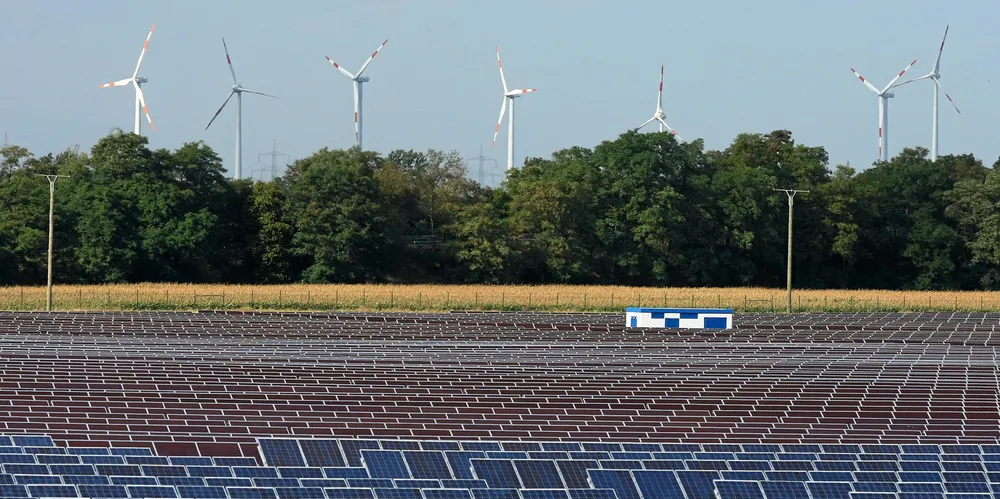Renewables near 50% of Germany's power supply as sector pushes for 'hydrogen law'
Biomass in 2022 for first time beats generation from nuclear but emissions rise slightly as coal plants are brought back into operation to offset Russian gas curtailment
